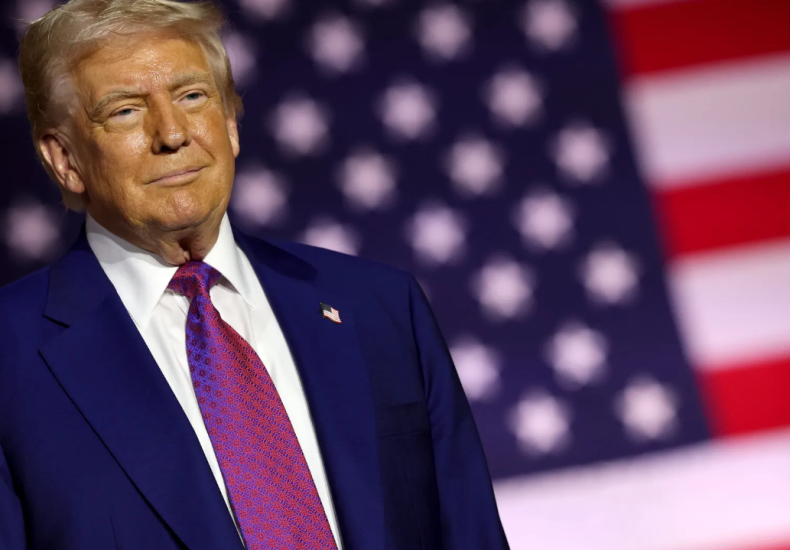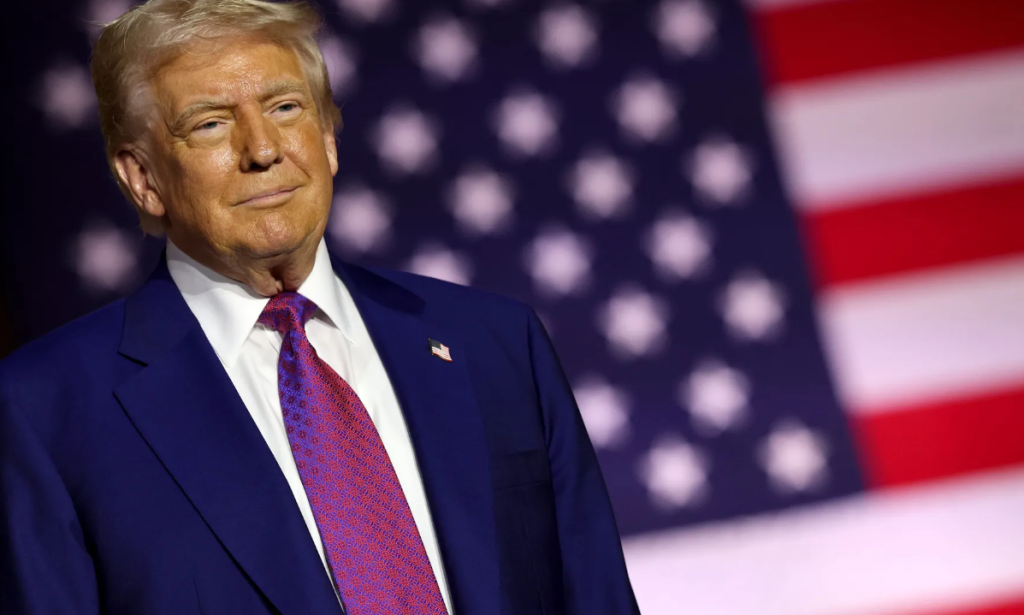
U.S. Exits UNESCO Over Alleged Anti-Israel Bias

In a move that reignited debates on global diplomacy, the United States officially exited UNESCO, claiming the organization harbors consistent anti-Israel bias. The decision underscores growing tension between Washington and several United Nations bodies seen as critical of Israel’s policies.
The U.S. exit from UNESCO over anti-Israel bias isn’t entirely new. This marks the second time America has left the UN’s cultural agency, following a similar move in 1984 under President Reagan. While the U.S. had previously rejoined in 2003, accusations of political bias have persisted in recent years.
Learn More About : Xavi Simons Could Be Chelsea Next Big Signing Here’s Why
Longstanding Accusations and Political Friction
Critics in Washington argue that UNESCO’s decisions disproportionately target Israel, especially concerning heritage sites in disputed territories. One of the tipping points was the organization’s recognition of Palestine as a member state in 2011, which led to the U.S. and Israel suspending financial contributions.
This growing disconnect escalated, prompting the U.S. to formally withdraw, citing systemic bias and lack of reform. The move is supported by some pro-Israel groups but condemned by others who see it as damaging to multilateral diplomacy.
Implications for Global Cultural Cooperation
UNESCO (United Nations Educational, Scientific and Cultural Organization) plays a vital role in preserving global heritage, advancing education, and supporting cultural collaboration. With the U.S. pulling out, concerns have surfaced about the weakening influence of UNESCO and the potential loss of American leadership in global education and science initiatives.
Despite the exit, the U.S. has left open the possibility of re-engagement, should reforms be made. However, many see the decision as a sign of shifting priorities in U.S. foreign policy, where ideological alignment may outweigh cultural diplomacy.
Global Reactions and Diplomatic Fallout
The move sparked mixed reactions globally. Israel welcomed the withdrawal, echoing long-held beliefs that UNESCO has become a political tool against the Jewish state. Meanwhile, several European and Asian nations expressed regret, calling for renewed commitment to shared values and collaboration.
For now, the U.S. exit from UNESCO over anti-Israel bias reflects broader trends of fragmentation in international institutions, as politics increasingly overshadows consensus-building and cultural unity.